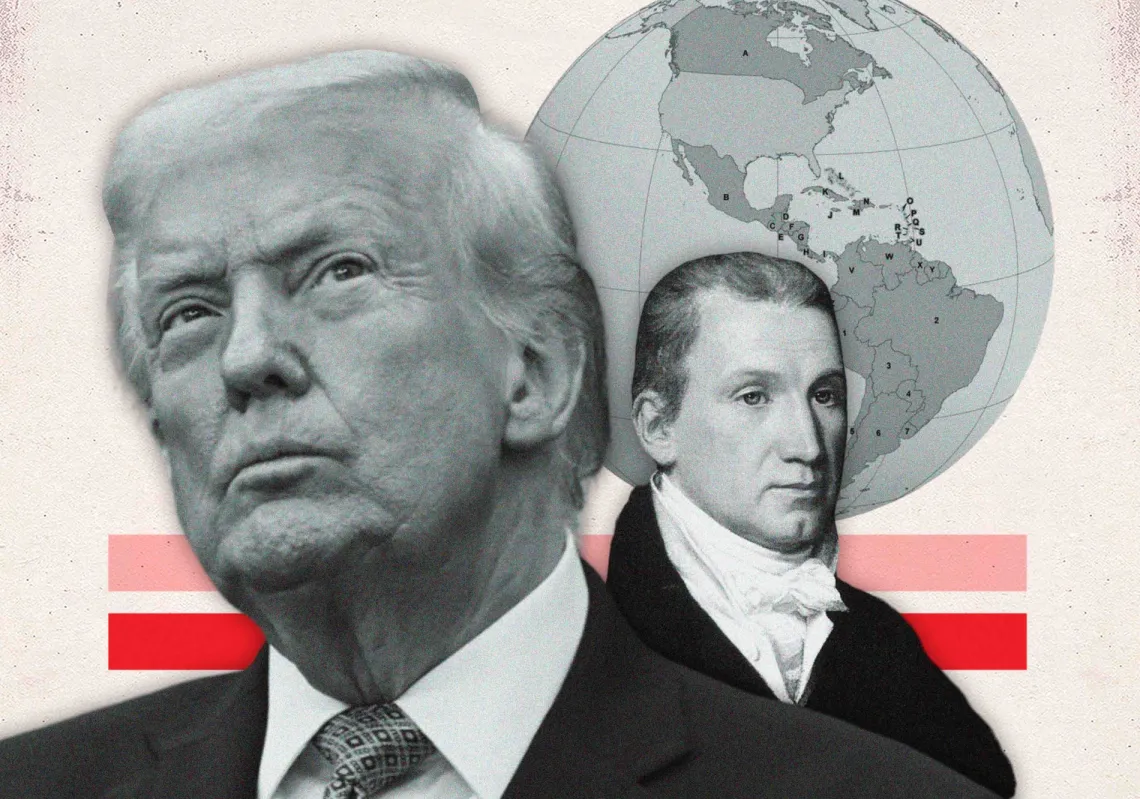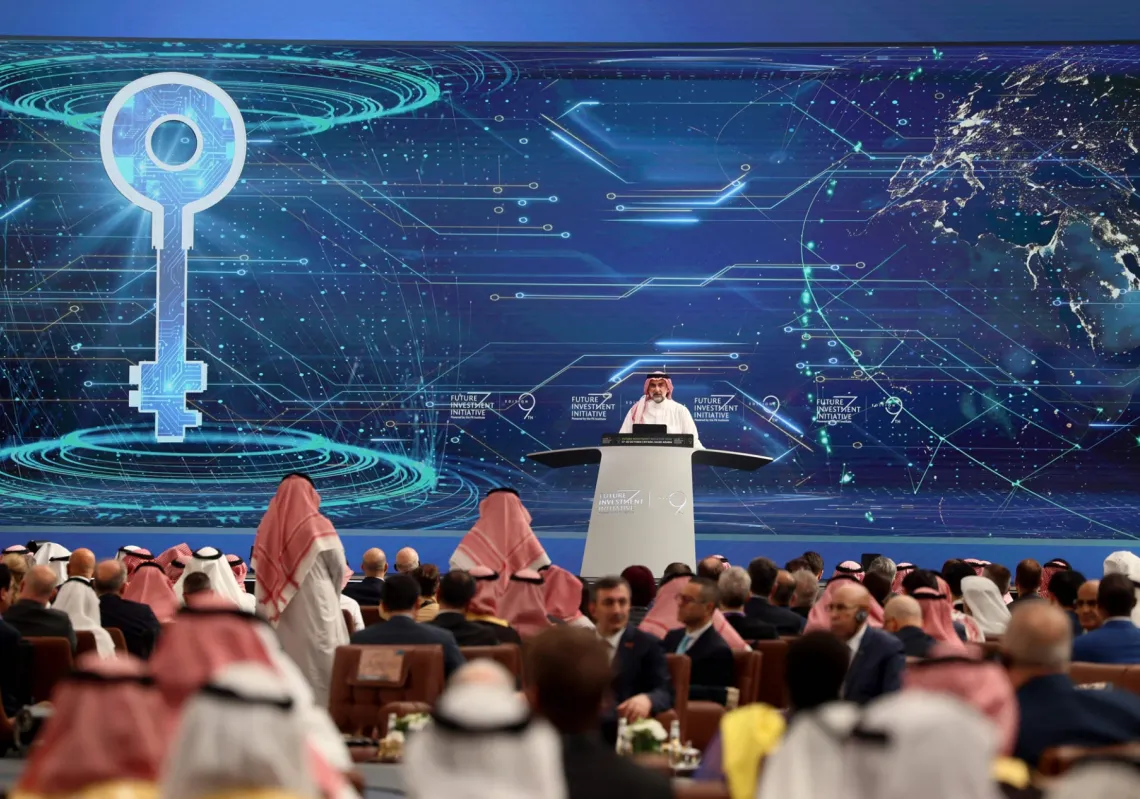 [/caption]
[/caption]
Addressing the issues of identity, family, memory and trauma, Incendies powerfully illustrates the horror of Lebanon’s civil war
Production year: 2010
Countries: Canada, France, Rest of the world
Cert (UK): 15
Runtime: 130 mins
Directors: Denis Villeneuve
Cast: Abdelghafour Elaaziz, Allen Altman, Lubna Azabal, Maxim Gaudette,
Melissa Desormeaux-Poulin, Nabil Sawalha, Remy Girard
Addressing issues of identity, family, memory, trauma, and the brutality of war, Incendies powerfully illustrates the horror of Lebanon’s civil war and the psychological toll its legacy takes across generations.
Although elements of the plot become rather hard to believe and dramatically overwrought as the film progresses, the emotions the film generates are never false or bombastic. The viewer becomes engrossed and swept up in the life story of a Lebanese woman, Nawal (Lubna Azabal) and her surviving twin children, daughter Jeanne (Mélissa Désormeaux-Poulin) and son Simon (Maxim Gaudette). Slowly, they discover that their mother’s psychological challenges stemmed from exposure to and participation in extreme violence in the context of war and experiences of repeated rape and torture. They learn of her resilience and strength despite appalling treatment, and discover a depth of courage and conscience in their mother of which they may never have been aware.
This is a harsh and unforgiving film that is unafraid to depict the pathologies of war and its radically destructive and all-consuming character. It is brutally honest in the way that it depicts the link between religion and violence - showing how sectarian religious identities fuel extremism and hatred of individuals of other faiths, leading to dehumanization, demonization, and mass killing. One searing image of this is a painting of Jesus pasted onto the machine guns of a Christian militia as they massacre Muslim civilians.
However, the film does not in any way take sides with the warring parties in the civil war and it is not a critique of Christians or Muslims in Lebanon or any other warring party. Each violate human rights egregiously and none in the case of this war seem more or less inclined to do so because all are convinced that they have God, right, and sect on their side. It is less about the particulars of war (we assume the location is Lebanon although this is never explicitly stated) than an account of the horror of war and its human consequences in general – the sadism, collapse of morality, trauma, and silences and evasions of truth and accountability it often entails.

The film’s strengths lie in its evocation of intimacy and intricate and sometimes dysfunctional relations between family members and within communities – the way in which it links individual and familial stories with a larger narrative about war in society and the way in which culture and particularly conservative cultural norms about honor, gender and religion deeply damage individuals and communities and violate their dignity and well being. Alongside this harshness, however, it also depicts the consolation, safety, and love to be found within family.
The film examines the gaps between children and their parents – how little we know of the details and pains and experiences of our parents and how what we eventually learn sometimes comes too late to really appreciate the lives of our parents who may hold on possessively to the secrets of their past to protect their children from their losses and suffering.
The film’s structure with its frequent flashbacks is generally easy to understand and well constructed. However, it can also be a weakness which sometimes loses narrative power because of the sometimes excessive resorting to this now cinematographically overused technique, which, in addition to being disjointed can reduce a film to too many small parts at the expense of creating a fluid whole.
This is an important film of courage and unremitting honesty. Whatever its imperfections it is an original work that pushes the viewer in ways both necessary and discomforting and which ultimately transmit a message about war and the destabilizing and destructive wake that it leaves across time and place, individual and community, mother and child that is resonant and ferociously real and relevant.








